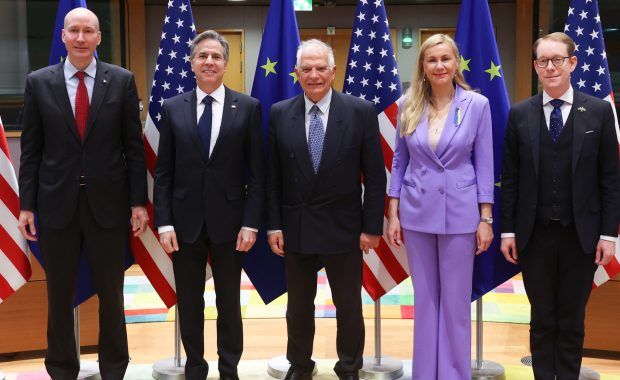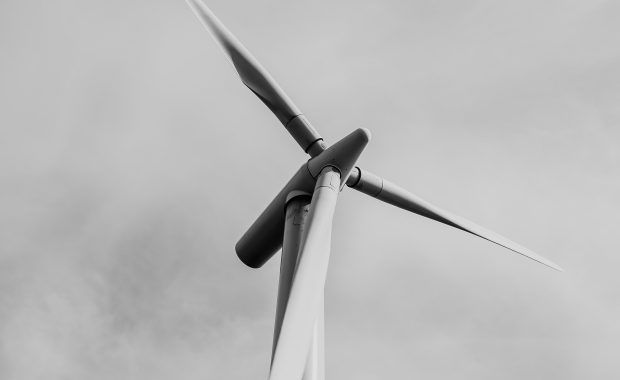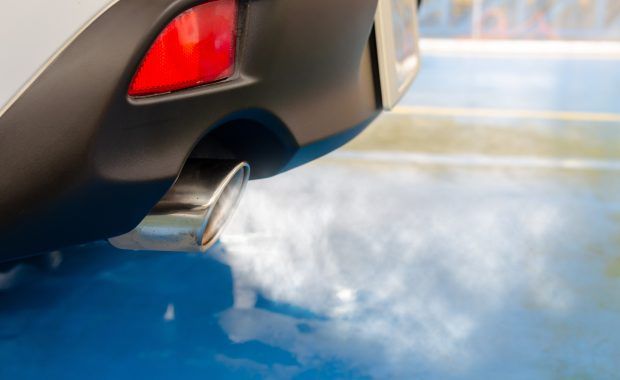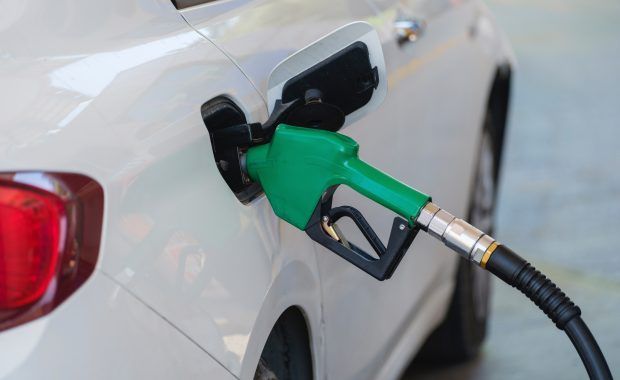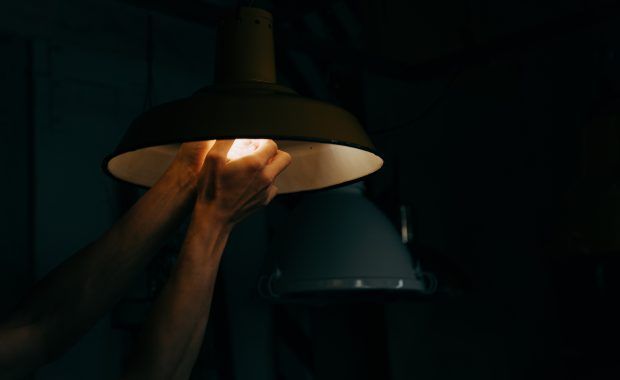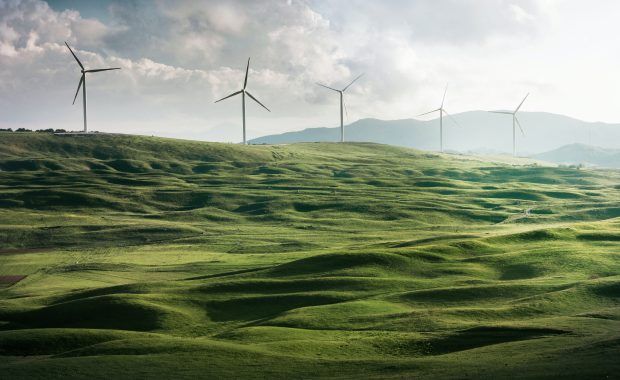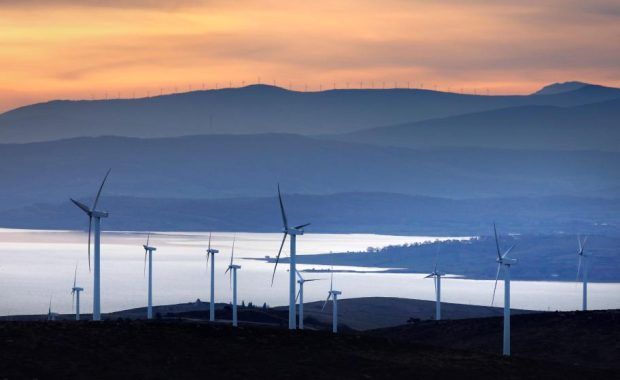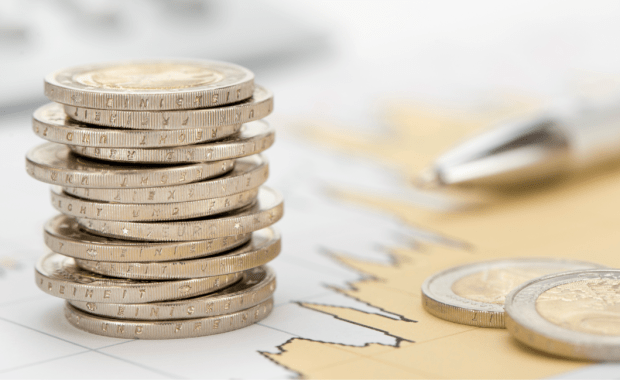The 10th EU-US Energy Council met on 4th April in Brussels, chaired by EU High Representative/Vice President Josep Borrell Fontelles, European Energy Commissioner Kadri Simson, US Secretary of State Antony Blinken, and US Deputy Secretary of Energy David M. Turk. Swedish Minister for Foreign Affairs, Tobias Billström, represented the Presidency of the Council of the […]
Read MoreThe Council and the European Parliament agree to increase the share of renewable energies in overall EU energy consumption to 42.5%.
The Council and the Parliament negotiators today reached a provisional political agreement to raise the share of renewable energy in the EU’s overall energy consumption to 42.5% by 2030 with an additional 2.5% indicative top up that would allow to reach 45%. Each member state will contribute to this common target. This provisional political agreement will now need […]
Read MoreEuropean Council adopts regulation on CO2 emissions from new passenger cars and vans
‘Fit for 55’: The new rules aim to reduce emissions from road transport that has the highest share of emissions from transport – and provide the right push for the automotive industry to shift towards zero-emission mobility while ensuring continued innovation in the industry. The new rules set the following targets: 55% CO2 emission reductions for […]
Read MoreThe CJEU concludes that purchasers of cars affected by “dieselgate” will be entitled to compensation.
The purchaser of a vehicle equipped with an unlawful defeat device has a right to compensation from the car manufacturer where that device has caused damage to that purchaser. The judgment of the Court of Justice in case C-100/21 deals with the liability of manufacturers of vehicles fitted with defeat devices. The proceedings are initiated […]
Read MoreMEPs back plans for a climate neutral building sector by 2050
Parliament adopted draft measures to increase the rate of renovations and reduce energy consumption and greenhouse-gas emissions on Tuesday. The proposed revision of the Energy Performance of Buildings Directive aims to substantially reduce greenhouse gas (GHG) emissions and energy consumption in the EU building sector by 2030, and make it climate neutral by 2050. It […]
Read MoreEuropean Commission proposes reform of the EU electricity market set-up
The European Commission proposes to reform the configuration of EU electricity markets to accelerate the growth of renewables and the phase-out of natural gas, reduce the dependence of consumer bills on volatile fossil fuel prices and better protect consumers against future prices. growth and potential market manipulation affect and make EU industry cleaner and more […]
Read MoreEU agrees stronger rules to boost energy efficiency
The Commission welcomes the provisional agreement reached this morning with the European Parliament and the Council to reform and strengthen the EU Energy Efficiency Directive. This deal marks a further step in the completion of the ‘Fit for 55′ package to deliver the European Green Deal and the REPowerEU Plan. It shows once again the EU’s determination to become climate […]
Read MoreEIB underwrites €55m green loan for wind farm in Castile and León
The European Investment Bank (EIB) has officially approved a EUR 55 million green loan to a joint venture between Iberdrola (75%) and Caja Rural de Soria (25%) for the construction of one of Castilla y León’s largest wind farms. The Buniel wind farm in the province of Burgos has a total capacity of approximately 100 […]
Read MoreProvisional agreement reached on European green bonds
The new regulation aims to prevent greenwashing in the bonds market. Issuers of bonds will be able to demonstrate that they are funding green projects aligned with the EU taxonomy, whilst investors will be able to identify high-quality green bonds more easily. The EU is taking further steps to implement its strategy on financing sustainable […]
Read More
